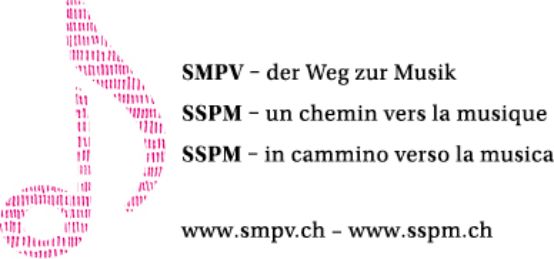"Stories for Ruth"
Urs Frauchiger's new collection of essays "Stories for Ruth" fascinates with a subtle complexity that allows life, art and literature to be experienced as a whole.

Lucas Bennett - With "Stories for Ruth", Urs Frauchiger, who celebrated his 85th birthday on September 17, presents nine profound and deeply personal essays.
Three of the texts explicitly focus on musical themes, although music is also widely present in the other texts. At the beginning there is an essay on Mozart's "Magic Flute" and the difficulties of interpreting it, especially with regard to the relationship between libretto and music - which is not sparing in its criticism of so-called director's theater. Frauchiger contrasts the trivialization of the material that was sometimes experienced later with his first performance as a child. This combination of biography and later reflection is characteristic of the entire book, which can therefore also (but not only) be understood as an inner biography in snapshots.
The portrait of the legendary cellist Pablo Casals (1876-1973) is magnificent. Looking back on his encounters with Casals, Frauchiger succeeds here in making the special quality of this towering figure, which can only be experienced by those born later through recordings, imaginable and tangible - even for non-cellists.
The following chapter, dedicated to the Portuguese cellist Guilhermina Suggia (1885-1950), is no less fascinating. Frauchiger meticulously traces the life of the artist, who is little known today, and the scarce recordings available. Not only is the biography of Casal, with whom she was closely associated, given a valuable addition, but the better-known "master story" is accompanied by a lesser-known narrative: That, too, is history.
The references to the life and work of the writer and journalist Joseph Victor Widmann (1842-1911) are also a (re)discovery. His quotes and positions are finely woven into the text and paint a picture of an important thinker and man of letters who was often underestimated by his contemporaries (and posterity).
There is much more that could be mentioned, but two particularly impressive moments should be mentioned here: a walk to the Bern Rose Garden, which is closed due to the coronavirus, which nevertheless opens up diverse and deep insights, and a fabulously described extended hike by the author with his son through Tuscany, which opens up to the reader as a historical and cultural landscape at the same time.
The different levels of the essays - biographical, artistic, literary - merge seamlessly, are mutually dependent and thus refuse a one-dimensional, linear reading. However, the author invites us to an interpretation by putting the concepts of "meaning" and the image of the "red thread" up for discussion. We would say that meaning appears everywhere in this book: as a context of the intellectual and artistic influences that have shaped a life. Countless red threads can be discovered and followed. An immensely enriching and moving journey.
"Stories for Ruth" will be published on November 2.
Urs Frauchiger: Stories for Ruth. Essays. Zytglogge, 140 pages.








